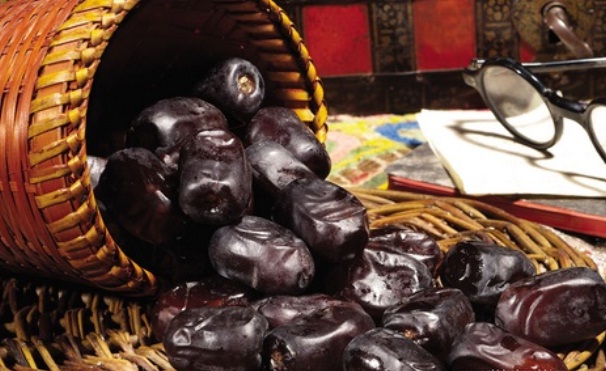Kurma Supplier in Malaysia: Exploring the Rich History of Dates

Introduction: Unveiling the Legacy of Dates
Dates, often referred to as the “fruit of paradise,” have been cherished by civilizations across the globe for centuries. As we delve into the historical tapestry of these sweet fruits, we uncover a rich legacy intertwined with culture, religion, and trade. Kurma supplier in Malaysia play a vital role in providing access to these prized delicacies, connecting modern consumers with a tradition steeped in history.
The Ancient Origins of Dates
Dating back thousands of years, the cultivation of dates can be traced to ancient Mesopotamia and Egypt, where they were revered as symbols of fertility and prosperity. From the Pharaohs of Egypt to the Sultans of Arabia, dates adorned the tables of kings and rulers, symbolizing luxury and abundance. Their resilience in harsh desert climates made them a valuable commodity along ancient trade routes, facilitating cultural exchange and culinary innovation.
The Cultural Significance of Dates
Dates hold profound cultural significance in various societies around the world, symbolizing abundance, hospitality, and spiritual nourishment. Across different cultures and religions, these sweet fruits are woven into traditions, rituals, and celebrations, playing a central role in culinary customs and social gatherings.
Islamic Tradition
In Islamic culture, dates are revered for their mention in the Quran and their association with the Prophet Muhammad. During the holy month of Ramadan, Muslims break their fast with dates, following the example set by the Prophet. Dates are also consumed before the pre-dawn meal (suhoor) as a source of sustained energy throughout the day of fasting. Beyond Ramadan, dates are served on special occasions, such as weddings and religious festivals, symbolizing blessings, generosity, and hospitality.
Jewish Tradition
In Jewish tradition, dates hold significance during the holiday of Tu B’Shevat, known as the New Year for Trees. On this day, it is customary to eat fruits, including dates, to celebrate the bounty of nature and the cycle of renewal. Dates are also featured in the celebration of Shavuot, a holiday commemorating the giving of the Torah, where they symbolize the sweetness of Torah learning and spiritual growth.
Arab and Middle Eastern Culture
In Arab and Middle Eastern cultures, dates are deeply ingrained in daily life and social customs. They are traditionally served to guests as a symbol of hospitality and goodwill. During festive occasions such as Eid al-Fitr and Eid al-Adha, dates are a staple part of the celebratory feasts, reflecting the joyous spirit of the occasion. Additionally, dates are often incorporated into traditional desserts and confections, showcasing their versatility in culinary traditions.
Asian and African Traditions
In regions across Asia and Africa, dates are used in traditional medicine and folk remedies for their purported health benefits. They are also featured in cultural ceremonies and rituals, symbolizing fertility, prosperity, and protection from evil. In some communities, dates are offered as gifts to mark significant life events such as births, weddings, and religious milestones, signifying blessings and good wishes for the future.
Kurma Suppliers in Malaysia: Preserving Tradition
In modern-day Malaysia, Kurma suppliers honor this rich heritage by providing a diverse range of dates to consumers nationwide. From the succulent Medjool to the prized Ajwa, Malaysian suppliers ensure access to premium-quality dates that uphold centuries-old traditions. Through sustainable farming practices and meticulous sourcing, these suppliers preserve the cultural legacy of dates while meeting the evolving needs of contemporary consumers.
Conclusion: Nourishing Body and Soul
As we reflect on the historical uses of dates in different civilizations, it becomes evident that these humble fruits transcend mere sustenance; they nourish both body and soul. From ancient rituals to modern-day commerce, dates continue to play a vital role in shaping our culinary landscape and cultural identity. As Kurma suppliers in Malaysia carry forward this timeless tradition, they not only provide a taste of history but also a glimpse into the enduring legacy of dates.
Key Highlights:
– Ancient Origins: Explore how dates have been cultivated and cherished since ancient times, from Mesopotamia to Egypt.
– Cultural Significance: Learn about the symbolic importance of dates in various cultures and religions around the world.
– Modern-Day Commerce: Discover the role of Kurma suppliers in Malaysia in preserving tradition and providing access to premium-quality dates.
– Sustainable Practices: Understand how Malaysian suppliers uphold centuries-old traditions through sustainable farming and sourcing methods.
– Culinary Delights: Delve into the diverse array of dates available in Malaysia and their role in both traditional and contemporary cuisine.